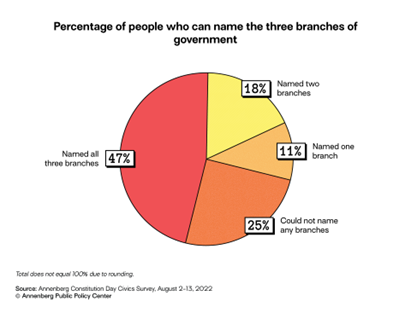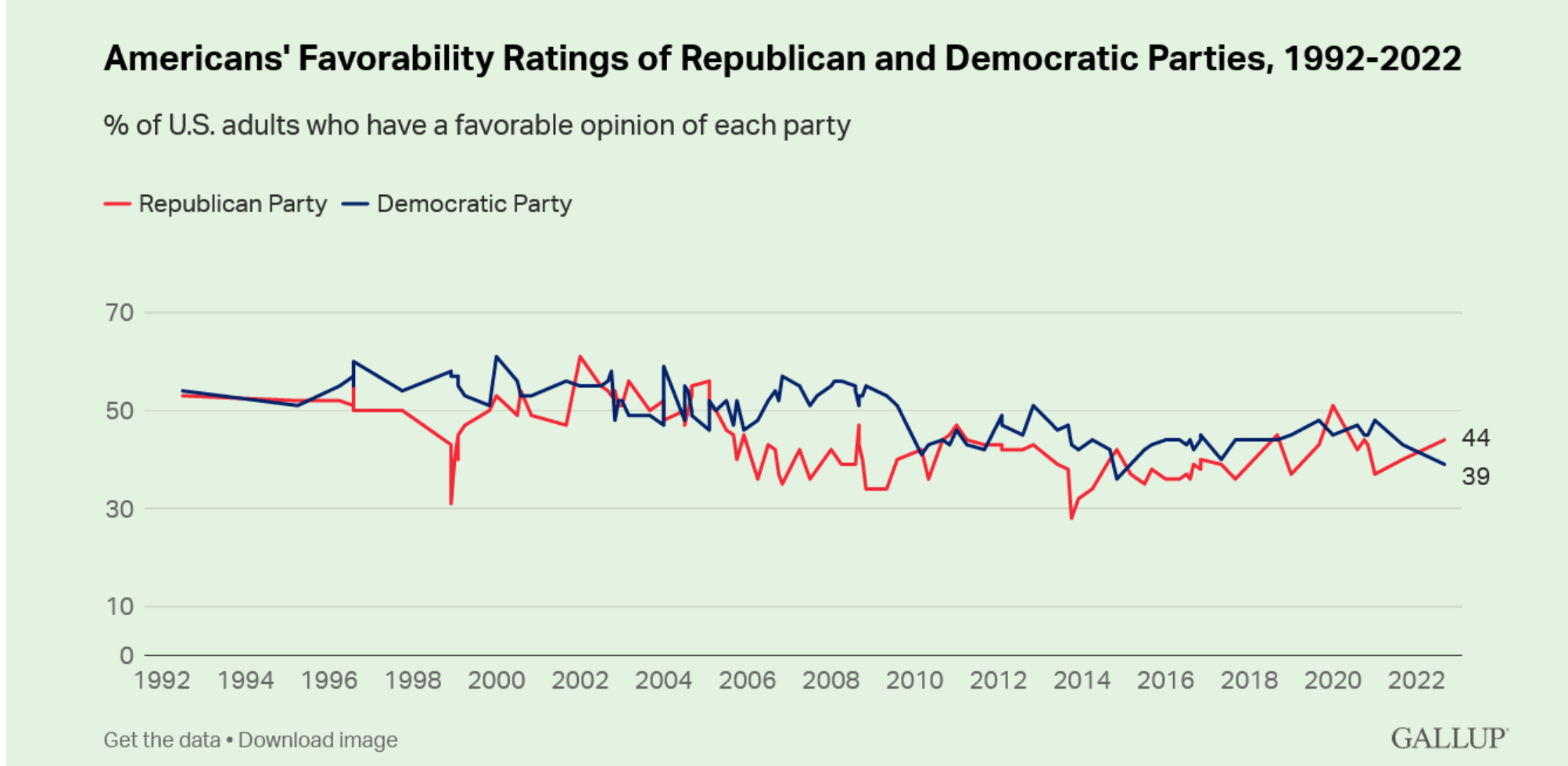The Daily Escape:

Easter Sunday, Great Smokey Mountains NP – April 2023 photo by Melissa Russell
We’re back from our roughly 2,200 mile journey to Gettysburg PA, St. Augustine FL, and Charleston SC. The focus of our trip was visiting with family, and it didn’t disappoint. We saw about 40 family members in the three locations. Most are healthy and thriving, and there was lots of laughter.
But we also saw slices of different cultures than what we’re used to here in Connecticut. Wrongo wonders if the US has ever been as divided as it is now?
Yes we’ve been divided in the past, most notably before and during the Civil War. American schools still teach the Civil War to our kids, although like everything else, views on what it was fought about differ largely by geography and political leaning.
Between 1861-1865, we killed our fellow Americans at a prodigious rate, with about 620,000 dying. In fact, Americans killed more other Americans in that war than all of our adversaries did in eight of our wars combined: the Revolutionary War, the War of 1812, the Mexican War, the Spanish-American War, World War I, World War II, the Korean War, and the Gulf Wars. The Civil War stands alone when it comes to America being divided deeply enough that we killed each other in astonishing numbers.
The Civil War was about one issue: Slavery.
In today’s America, we’re fighting about everything: Gun control, abortion, climate change, fossil fuels, drilling, the environment, immigration, refugees, diversity, voting rights, elections, women’s rights, policing, who gets tax cuts, health care, LGBTQ+ rights, health care for transgender kids, bathrooms, books, what’s taught in classrooms, COVID-19, vaccines, poverty, welfare, unions, Ukraine, Russia, Israel, student debt, Trump, the Jan. 6 insurrection, and education.
These modern divisions exist without exception in every state. They are fought over with words, and occasionally, with weapons. They are fought about in our courts. Some on the political Right call for secession. In 2021, the University of Virginia Center for Politics released the results of a poll that found the majority of the individuals who voted to reelect Donald Trump in the 2020 presidential elections hoped that their state could secede from the Union.
“Hoping” isn’t doing something to make secession happen, although it’s a first step.
What’s worrisome is that like before the Civil War, there doesn’t seem to be a pathway forward to a common cause. Wrongo has written about “The Cause, The American Revolution and its Discontents, 1773-1783” by Joseph Ellis. It says that the founders had to create a blurry vision of the revolution because colonists were suspicious of the motives of other colonies. So the founders described their fight for independence as “The Cause”, an ambiguous term that covered diverse ideas and multiple viewpoints.
It succeeded in unifying us against the British.
Maybe America’s now reached a point where it’s possible that nothing will ever unite us again. Instead, we yell at each other across a chasm of ideological and political partisanship.
Our global reputation has sunk: We’re seen as an undereducated, and unhealthy nation. Many of us want our political opponents dead, while admiring the world’s autocrats. We’re tolerant of the gun slaughter of our children, and callous about the plight of our neighbors, especially if they are poor, sick, or different.
The annual World Happiness Report, based on data from Gallup’s World Poll of 24 developed nations, shows that Americans, when asked to evaluate their current life as a whole, are less content than the citizens of 14 other wealthy countries.
It’s worth noting that most of the countries whose citizens are happier than ours have governments that provide their residents with a sense of safety and security, a foundation on which their people can build a fulfilling life and an optimistic future. They can get treated for medical problems. They can afford life-saving medicine. They don’t fall into medical bankruptcy.
Their life expectancies are longer than ours and rising; America’s is falling.
They value higher education enough to provide it for free. They value families enough that their maternal care, both before and after birth, is outstanding. The US should be ashamed of our maternal mortality rate, which is higher than almost any other country, developed or not, in the world.
We desperately need to find a new “Cause” to bind us together.
Benjamin Franklin famously remarked at the close of the Constitutional Convention in 1787 that we had formed a republic if we could keep it.
We must get prepared both mentally and in our guts, to fight to keep this country together – AND to keep it a representative democracy.
The alternative looks horrendous.















